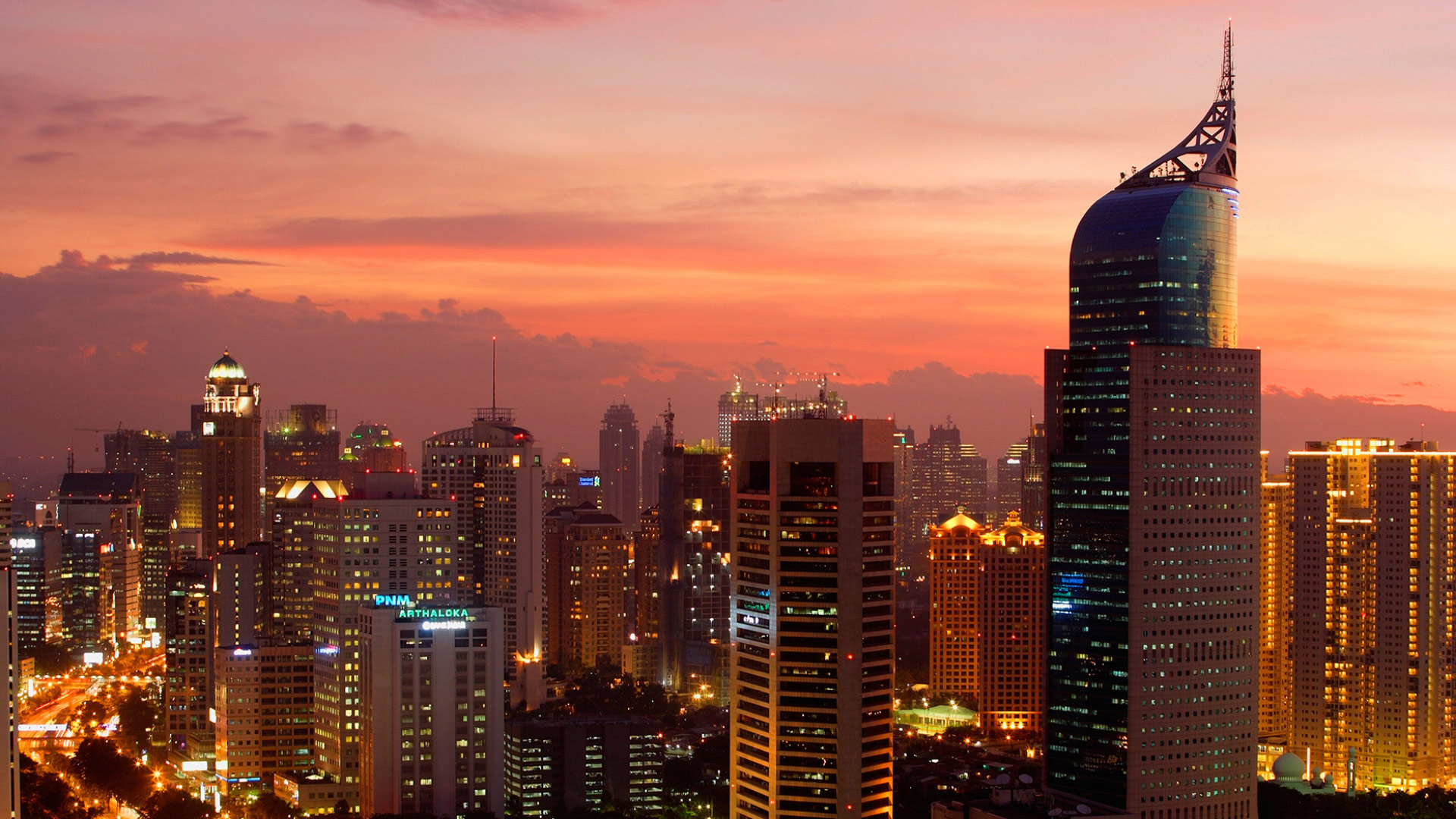In Indonesia, the primary legislation governing foreign direct investments (FDI) is Law No. 27 of 2007 regarding Capital Investment (as amended). FDIs are under the supervision and auspices of the Ministry of Investment / Investment Coordinating Board (BKPM).
Investment Positive List
Indonesia maintains a so-called ‘Investment Positive List’ (replacing the previous “Negative List”) through the issuance of Presidential Regulation No. 10 of 2021 (as amended by Presidential Regulation No. 49 of 2021) – as the implementing regulation of Law No. 11 of 2020 regarding Job Creation (also known as the Omnibus Law) (Positive List). The Positive List sets out business fields that are (i) closed for investment, (ii) limited to the Indonesian government and (iii) open to investment.
Whilst not subject to screening or prior approval, FDIs are prohibited in the following six strategic sectors (business fields closed for investment):
- cultivation and processing of controlled
substances;
- gambling and/or casino activities;
- fishing of species listed in Appendix I of the
Convention on International Trade in
Endangered Species of Wild Fauna and Flora;
- utilization or collection of coral for the purpose of
building materials, aquariums, or souvenirs, as
well as live or recently dead coral;
- chemical weapons manufacturing; and
- chemical industry materials and processing of
materials that are hazardous to the ozone layer.
Investments in defense and security activities, which are reserved for the Indonesian government, are also prohibited. Before adoption of the Positive List, FDI was prohibited in an additional 16 sectors, including: forestry, energy and mineral resources, transportation, tourism, communication and informatics, banking, finance, education and health.
Moreover, investments in many business sectors are subject to certain conditions, such as shareholding composition conditions or certain types of licensing, except when conducted in special economic zones. Under the Positive List, there are 46 such business sectors, but this is not an exhaustive list. For example, Government Regulation 5 of 2021 limits foreign shareholding in certain business sectors related to construction. Further requirements may be imposed specifically by the relevant ministry/agency having authority over certain sectors.
The Positive List also lifted restrictions on many business sectors that were previously restricted/limited for 100% foreign investment. These include, among other, the following sectors:
- telecommunication and IT (internet service, fixed telecommunication network and mobile telco providers);
- health (hospitals, wholesale of pharmaceutical raw materials, healthcare equipment distribution, main clinic with specialists, and pharmaceutical products for human);
- energy and mineral resources (oil & gas, electricity generation);
- large trading (distribution companies);
- transportation (freight-forwarding business);
- plantation and agriculture (palm oil seed plantations and agriculture of certain fruits and vegetables); and
- press (publication of newspaper, magazines and
bulletins).
Online Single Submission system
With the aim of further simplifying business permission through a one-stop web-based business registry platform in Indonesia, Indonesia introduced the Online Single Submission (OSS) system. Following its first inception in 2018, the BKPM introduced the new OSS Risk-Based Approach (OSS RBA) in July 2021. Businesses could access and register with the OSS RBA after first incorporating an Indonesian legal entity i.e. through the execution of a deed of establishment before an Indonesia notary and obtaining an approval of the Ministry of Law and Human Rights.
In addition to determining any applicable foreign shareholding limitation, a company’s line of business would also be further categorised to fall into a low-risk business, a medium-low risk business, a medium-high risk business or high-risk business. A low-risk business would mean that it would be sufficient for the company to begin operations mainly by obtaining a Business Identification Number (Nomor Induk Berusaha/NIB). For medium-low and medium-high risk businesses, the company would also need to secure a standard certificate in addition to the NIB. If a business fell into the high-risk category, the company would need to secure further business licences/verifications/permits determined by the relevant government agencies or ministries.
The BKPM has also issued relevant guidelines regarding foreign investment in Indonesia, which further outline the key principles and regulations to be considered when investing in Indonesia. The guidelines can be accessed here: https://ppid.bkpm.go.id/informasi-lainnya/.







